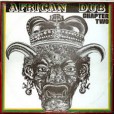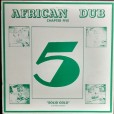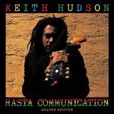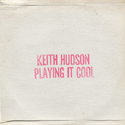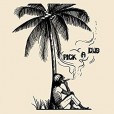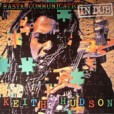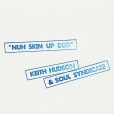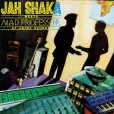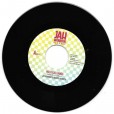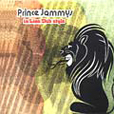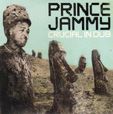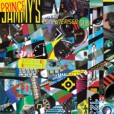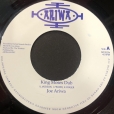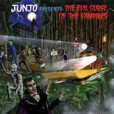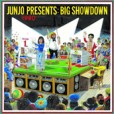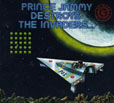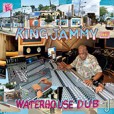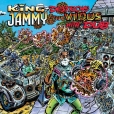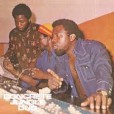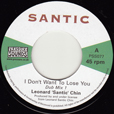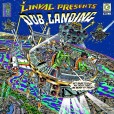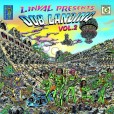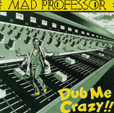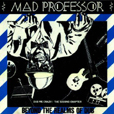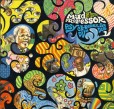Your basket is empty

It was intended that one of Hudson’s teenage sons would voice the dubs. In the event the Love Joys, Wayne Jarrett, and most inimitably Hudson himself featured at the microphone. Like Wackies, Hudson was a Studio One devotee — ‘I used to hold Don Drummond’s trombone for him so I can be in the studio’ — and the album follows Coxsone’s recent strategy of overdubbing signature rhythms.
The Studio One sides were aimed at the dancefloor; Hudson’s reworks of tracks like Melody Maker are more psychological. Heavy Barrett Brothers rhythms are pitched down and remixed deeper still with reverb, filters and other distortion, and overlaid with new recordings of guitar, percussion, keyboard, voice, often crazily treated.
Originally released in 1981 on the Joint International label, in NYC.
Legendary, strange, compelling music.
Deep and intense, with Augustus Pablo and the Barrett Bros on call, god-like Tubbys mixing, canonical rhythms, Big Youth and Horace Andy in the mix. One of the top five dub albums of all time. Fifty years old!
The dub counterpart to his From One Extreme To The Other album.
Tormented, darkly mystical, and unmissable.
Ain’t no house like Waterhouse for Black Crucial, Anthony Johnson, Junior Reid and co.
Stunning, high-octane, steppers do-over of Yabby You’s Jesus Dread.
Tough dubs of a clued-up selection of Techniques rhythms, from 1976, including Stalag, Cheer Up Black Man, and Johnny Osbourne’s interpretation of The Delfonics’ Ready Or Not. Ace.
The classic set of Scientist / Roots Radics dubs, originally out on Starlight Records in 1981, now matched with its vocal counterparts, including previously unreleased cuts by Junior Reid and Ranking. The vinyl comes with a two-feet-square colour poster of Tony McDermott’s cover art.
The classic set of Scientist / Jammy / Roots Radics dubs, originally out on Starlight Records in 1982, now matched with its vocal counterparts, including previously unreleased cuts by Hell & Fire, Sister Nancy and Papa Tullo. The vinyl comes with a two-feet-square colour poster of Tony McDermott’s cover art.
